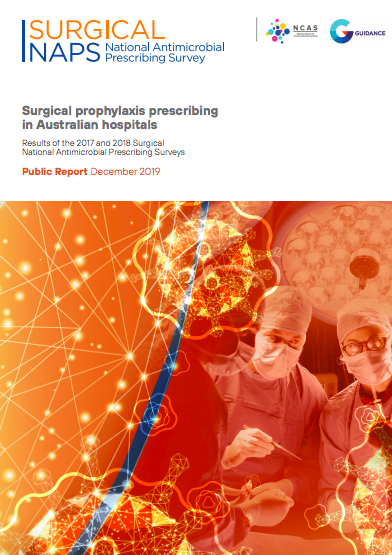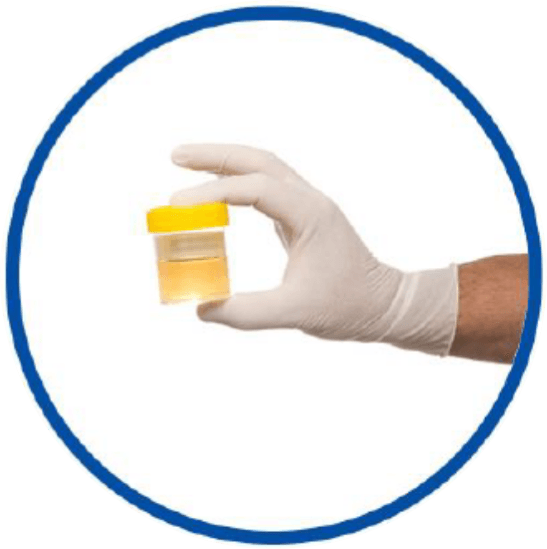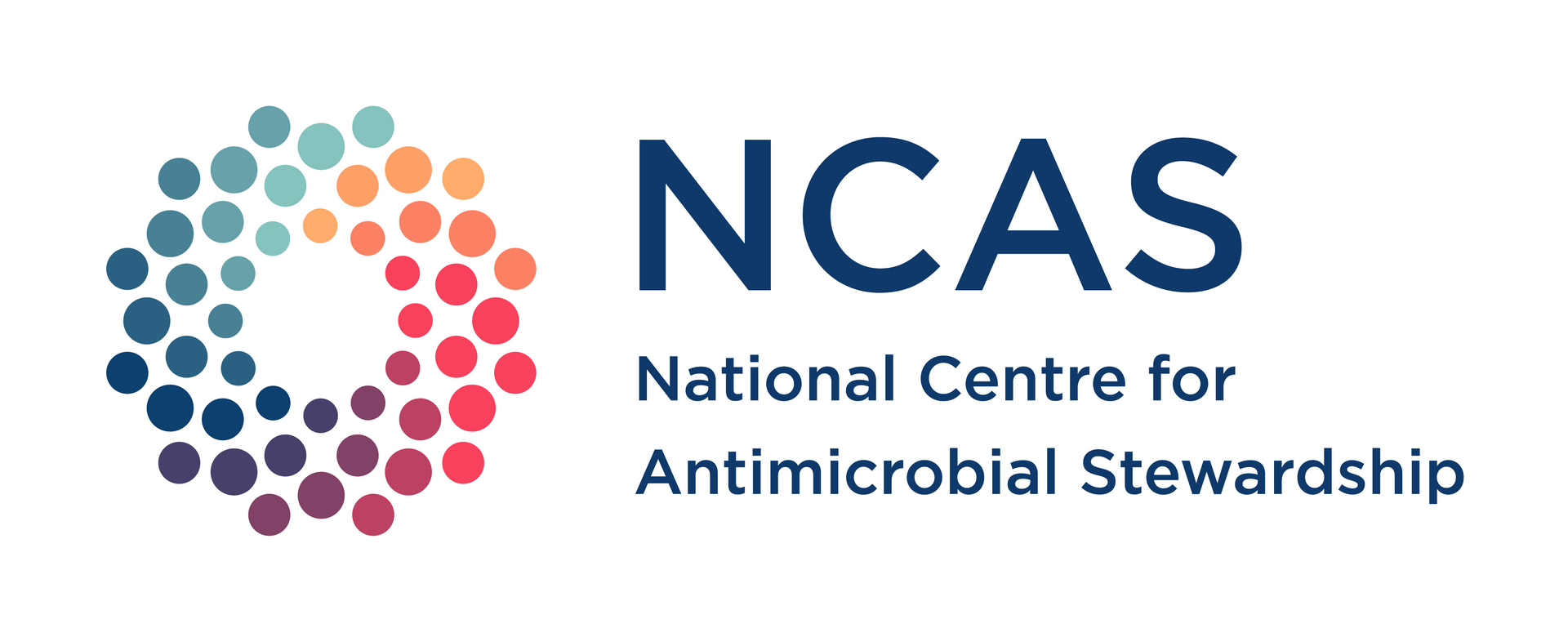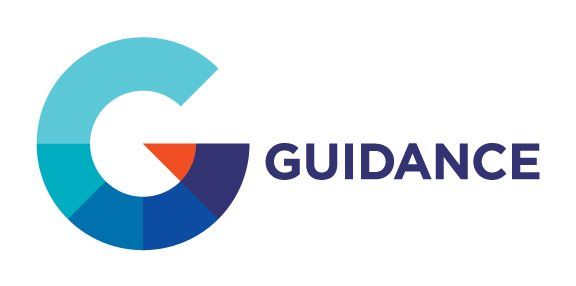The National Antimicrobial Prescribing Survey: 2018 reports
The reports of the 2018 Hospital NAPS, Surgical NAPS and Aged Care NAPS

The reports of the 2018 Hospital National Antimicrobial Prescribing Survey (NAPS), Surgical NAPS and Aged Care NAPS have been published. See here.
A summary of the flagship Hospital NAPS for 2018 is included below.
The 2018 Hospital NAPS provides an overview of antimicrobial prescribing in Australian public and private hospitals. This is the sixth year that the survey has been conducted. Consistent themes continue to emerge in relation to the appropriateness of antimicrobial prescribing across Australia, in NAPS contributor hospitals. This report presents analyses of 26,714 prescriptions submitted to the Hospital NAPS database by 324 hospitals (231 public and 93 private) during 2018, and analyses of trends from 2013 to 2018. Key findings of the 2018 Hospital NAPS:
- There were improvements in three key indicators of appropriateness of antimicrobial prescribing monitored by Hospital NAPS:
- Documentation of indication increased to 80.3% in 2018, compared with 70.0% in 2013.
- Documentation of review or stop date increased to 45.2%, compared with 34.8% in 2015 when this indicator was first reported.
- Proportion of surgical prophylaxis given for greater than 24 hours decreased to 28.0% in 2018, compared with 41.1% in 2013.
- Whilst these improvements are encouraging there are a number of concerning patterns in regard to other aspects of appropriateness of antimicrobial prescribing:
- Compliance with Therapeutic Guidelines: Antibiotic or local guidelines, declined from 72.1% in 2013 to 67.7% in 2018.
- There was minimal improvement in overall appropriateness of prescribing from 2013 to 2018 (75.8% to 77.7%).
- The five most commonly prescribed antimicrobials in Australian hospitals participating in NAPS in 2018 were: cefazolin, ceftriaxone, amoxicillin–clavulanic acid, piperacillin– tazobactam and metronidazole.
- The antimicrobials with the highest rates of inappropriate prescribing in Australian hospitals participating in NAPS in 2018 were: cefalexin, cefazolin, azithromycin, amoxicillin–clavulanic acid, and metronidazole.
- The five most common indications for prescribing antimicrobials in Australian hospitals that contributed to NAPS in 2018 were: surgical prophylaxis, community-acquired pneumonia, medical prophylaxis, cystitis, and cellulitis/erysipelas.
- The highest proportions of prescriptions assessed as inappropriate in Australian hospitals participating in NAPS in 2018 were for: chronic obstructive pulmonary disease (COPD), surgical prophylaxis, non-surgical wound infections, community-acquired pneumonia and cystitis.











